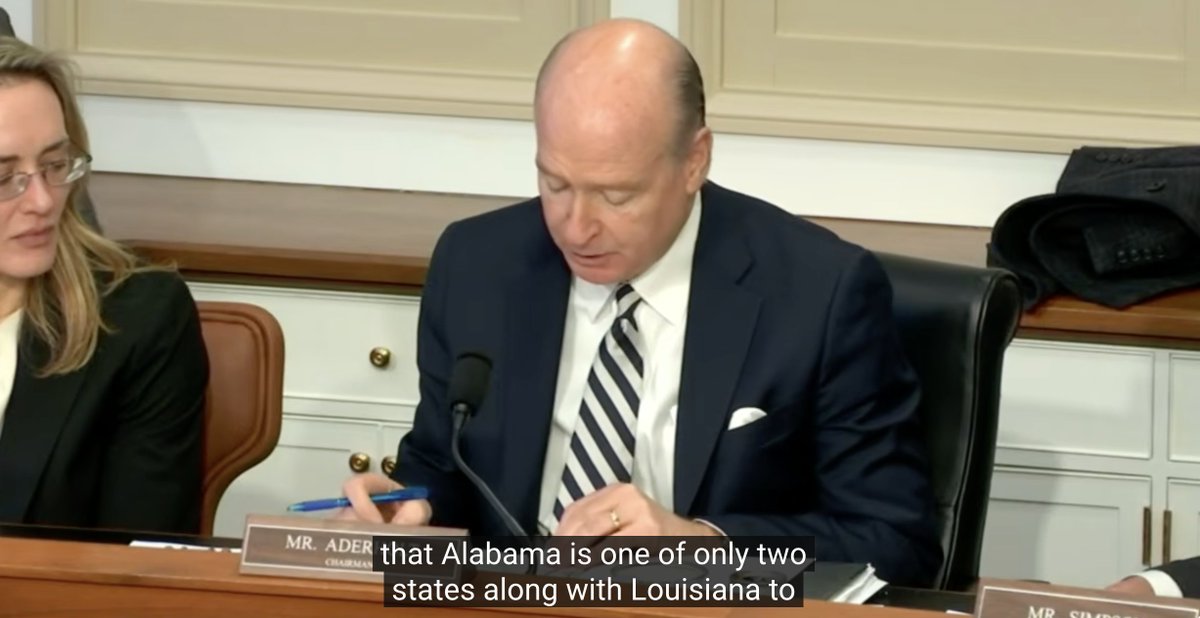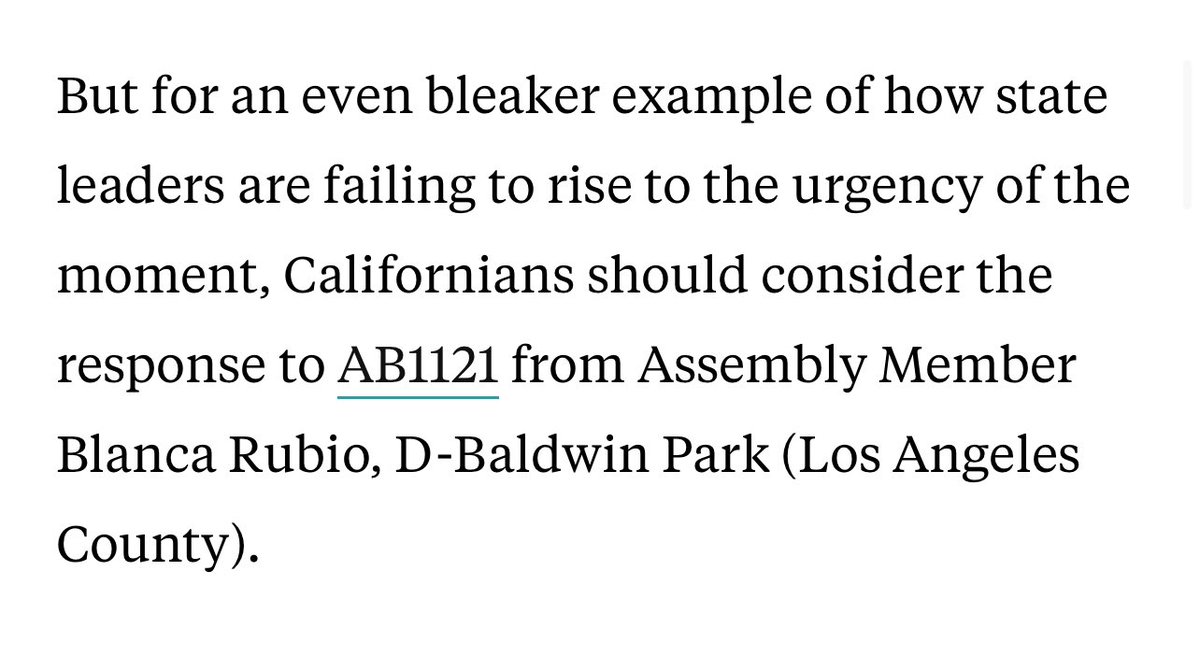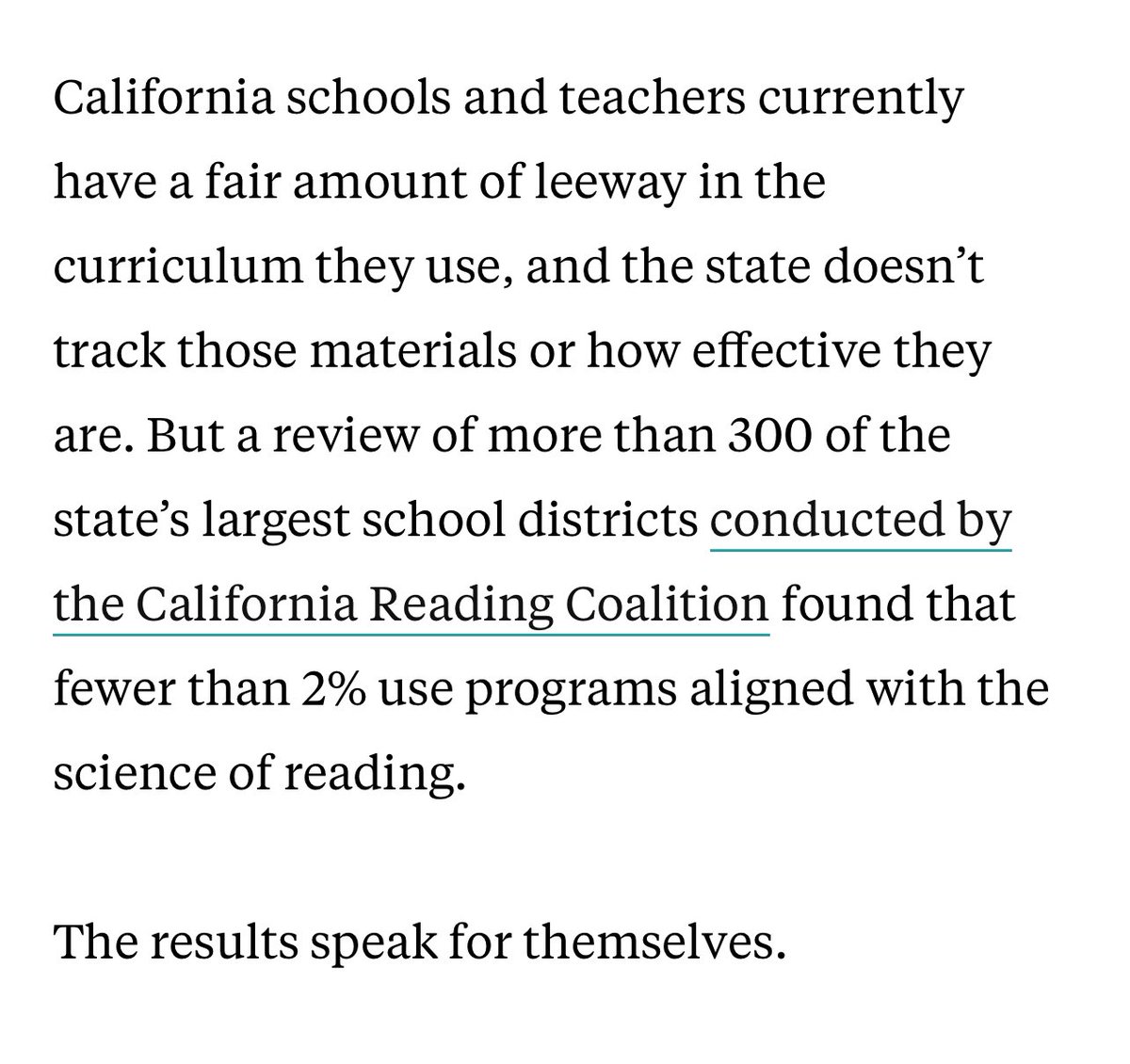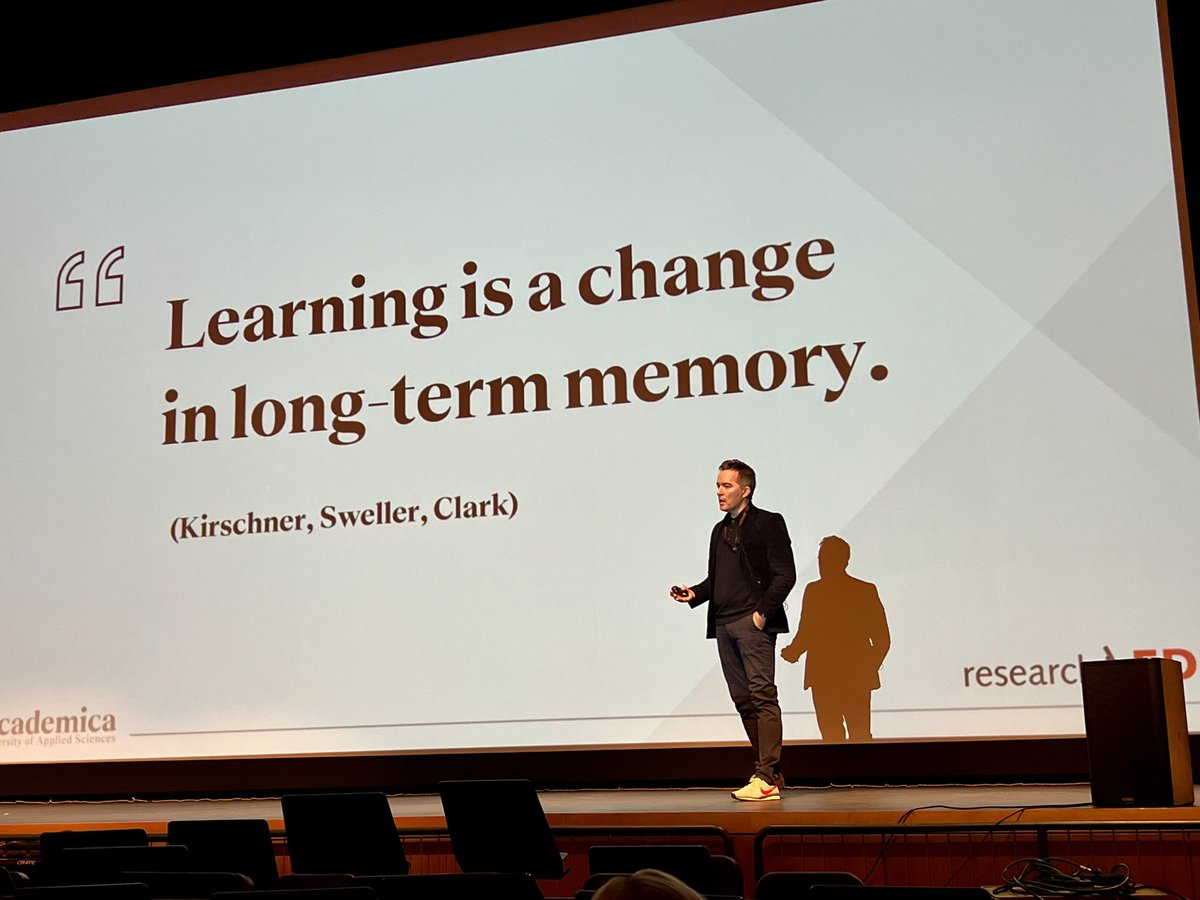Now It Can Be Said, Masking Edition:
“From a broad public-health standpoint, at the population level, masks work at the margins — maybe 10 percent.”
– Anthony Fauci
nytimes.com/interactive/20…
“From a broad public-health standpoint, at the population level, masks work at the margins — maybe 10 percent.”
– Anthony Fauci
nytimes.com/interactive/20…
This is potentially the biggest bombshell from today’s @dwallacewells interview.
When you think about the amount of vitriol that has been spewed over US debates about masking, this is an astounding comment.
Said casually. Almost as an aside.
When you think about the amount of vitriol that has been spewed over US debates about masking, this is an astounding comment.
Said casually. Almost as an aside.

If you’ve followed me long enough, you know I spent the first ~12-14 months of pandemic advocating for masking, incl. in schools, because of early messages & surely also “that was what the good people did” in-group think.
We held #OpenSchools rallies w/ masked children. My kid:



We held #OpenSchools rallies w/ masked children. My kid:


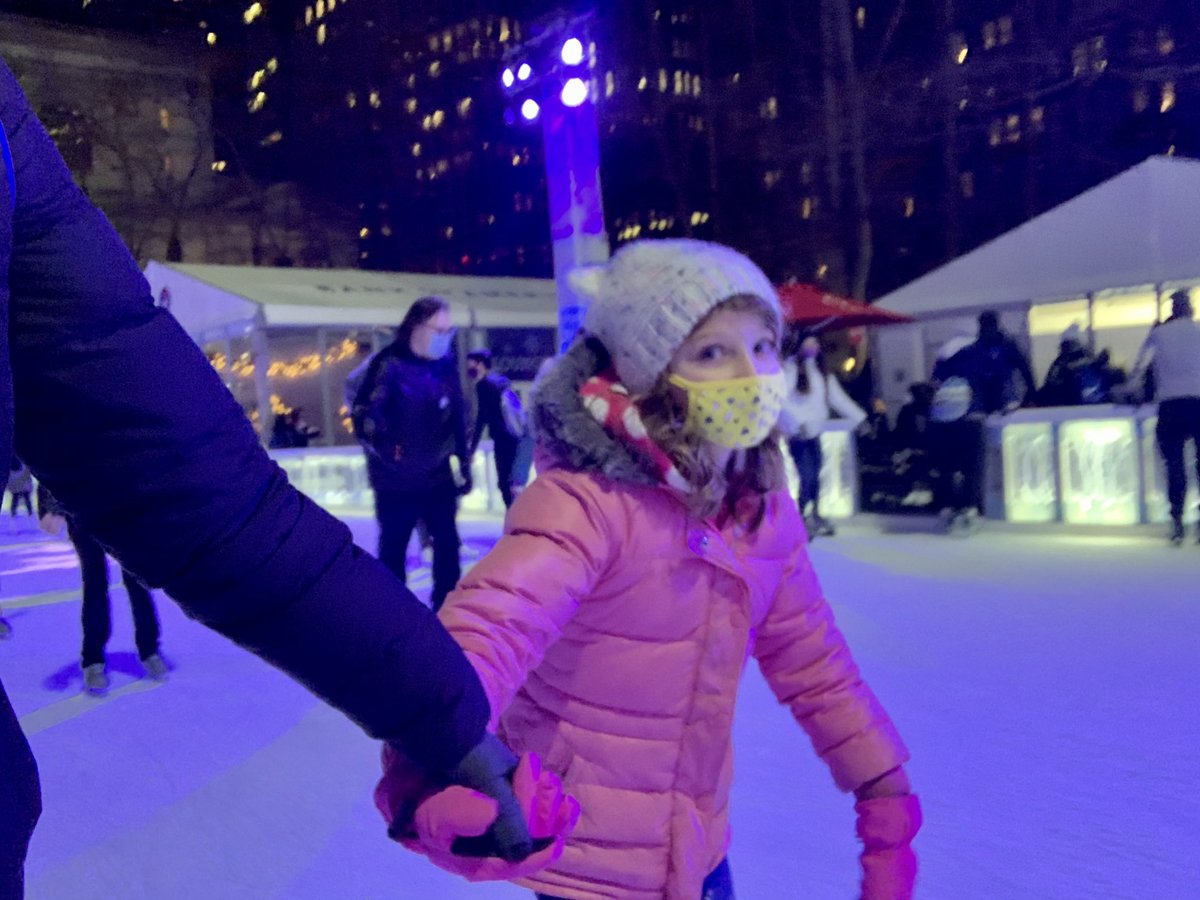
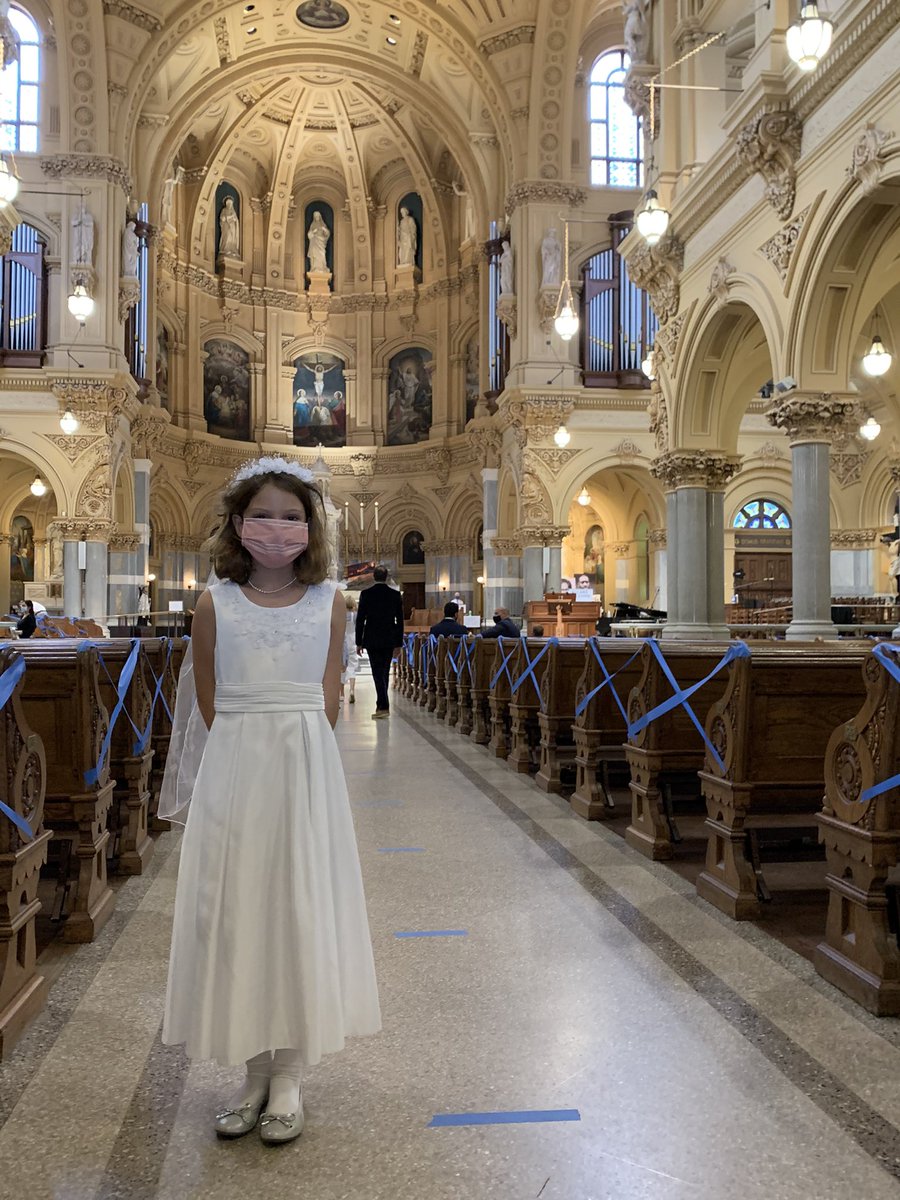
I really felt no personal stake in masking. No offense we to my personal liberties. I just wanted policy to follow evidence.
After ~16 mos, when we lacked evidence of impact in schools…
I lost followers, incl. *literacy researchers*, for pointing out that masks had a cost:
After ~16 mos, when we lacked evidence of impact in schools…
I lost followers, incl. *literacy researchers*, for pointing out that masks had a cost:
https://twitter.com/karenvaites/status/1421576079861485573
So, while it has been said before in the @nytimes, almost a year ago…
The fact that masks were allowed to become Such A Thing, in a way that divided families and communities… meanwhile, Fauci and his ilk knew they had marginal benefit…
The toll is incalculable.
The fact that masks were allowed to become Such A Thing, in a way that divided families and communities… meanwhile, Fauci and his ilk knew they had marginal benefit…
The toll is incalculable.
https://twitter.com/karenvaites/status/1531607984551432192
Our leaders didn’t focus on curbing obesity, which would’ve decreased COVID impact.
We made zero progress towards universal healthcare (which I support).
Instead, we had a divisive natl culture war about masks.
Distraction or intentional deflection?
nutrition.bmj.com/content/early/…
We made zero progress towards universal healthcare (which I support).
Instead, we had a divisive natl culture war about masks.
Distraction or intentional deflection?
nutrition.bmj.com/content/early/…
Make no mistake, the early culture war divides helped to sow America’s shoddy vaccination rate, and Fauci reflects on that plenty in interview.
So to folks who want to assert that masks saved many lives, even with Fauci’s estimate, I say:
That’s not so clear.
So to folks who want to assert that masks saved many lives, even with Fauci’s estimate, I say:
That’s not so clear.
https://twitter.com/karenvaites/status/1651021372586336257
I’m not even saying masks did absolutely nothing. I’m sure they mattered for healthcare workers & others w/ access to high-quality masks all along.
I feel sure that $3 Old Navy Paw Patrol masks slipping off kids’ faces did zero.
And I feel sure that leaders misled the public…
I feel sure that $3 Old Navy Paw Patrol masks slipping off kids’ faces did zero.
And I feel sure that leaders misled the public…
RE mask efficacy, and allowed a cultural divide to deepen, perhaps to deflect from all they were not doing.
Such as improving healthcare access, addressing obesity as a COVID risk, +++.
Or even telling us that mask quality was a major variable until >1 year into pandemic.
Such as improving healthcare access, addressing obesity as a COVID risk, +++.
Or even telling us that mask quality was a major variable until >1 year into pandemic.
To the ‘Masks Work, Karen’ folks –
You want me to heed to Fauci’s assertion that high-quality masks protect individuals when worn religiously.
Can you tell me why Fauci, CDC, etc weren’t talking about mask quality til Sep, 2021?
Bangladesh study introduced that variable.
You want me to heed to Fauci’s assertion that high-quality masks protect individuals when worn religiously.
Can you tell me why Fauci, CDC, etc weren’t talking about mask quality til Sep, 2021?
Bangladesh study introduced that variable.
https://twitter.com/VPrasadMDMPH/status/1433075567750901767
Seriously, go look at record on this. No one emphasized mask quality until Bangladesh study was hailed as proof masks worked… but then PH disowned cloth masks. I recall changing course myself.
👉If mask quality drives efficacy, why were Fauci et al silent RE quality for 18 mo?
👉If mask quality drives efficacy, why were Fauci et al silent RE quality for 18 mo?
https://twitter.com/karenvaites/status/1435671237859102725
If well-fitted, quality masks are the key to mask efficacy, public health needed to broadcast that message from the jump.
Why didn’t they, if this variable is so key?
Why is that completely lost in the discussion?
Why didn’t they, if this variable is so key?
Why is that completely lost in the discussion?
https://twitter.com/blissfuljoy22/status/1651034210134794242
I shld make one point more explicit:
I’m prepared to believe high-quality masks saved lives.
But the Mask Wars deepened cultural divides, likely eroding vaccine uptake. And def eroding mask-wearing!
What if public health had been more honest abt realistic impact of masks+
I’m prepared to believe high-quality masks saved lives.
But the Mask Wars deepened cultural divides, likely eroding vaccine uptake. And def eroding mask-wearing!
What if public health had been more honest abt realistic impact of masks+
and avoided the politicization of masking? I believe we would have seen ⬆️ vaccination.
Fauci reflects heavily on weak US vaccination rates in this interview. That cost lives, for sure.
Overstatement of mask efficacy, esp for crummy cloth masks, had unintended consequences.
Fauci reflects heavily on weak US vaccination rates in this interview. That cost lives, for sure.
Overstatement of mask efficacy, esp for crummy cloth masks, had unintended consequences.
And the more one believes that “Masks Work and Saved Lives!” if they are of adequate quality, the angrier one should be at Fauci/@CDCgov for spending year 1.5 acting like Paw Patrol cloth masks from Old Navy were just fine.
If you believe masks saved lives… you must believe+
If you believe masks saved lives… you must believe+
… that weak communication about mask quality cost lives… right?
I’m hearing little grappling w the nuances of these issues in replies to this thread.
Mostly, it’s the same old politicization. (And telling me I’m a bad person for [masking/questioning masking], obvi!).
Sigh.
I’m hearing little grappling w the nuances of these issues in replies to this thread.
Mostly, it’s the same old politicization. (And telling me I’m a bad person for [masking/questioning masking], obvi!).
Sigh.
Liz makes these points more efficiently in her thread reacting to the same quotes from Fauci.
https://twitter.com/LizHighleyman/status/1651082762248663040
November, 2020.
Special CDC communication to endorse cloth masking.
I can’t find the word “marginal” anywhere. Am I missing it?
Special CDC communication to endorse cloth masking.
I can’t find the word “marginal” anywhere. Am I missing it?
https://twitter.com/bccover/status/1651251904176082945
September, 2020 headline:
“CDC director says face masks may provide more protection than coronavirus vaccine”
No mention of mask quality qualifications.
Some mention of politicizing of masks and Trump’s reluctance to wear one. (Sigh.)
cnbc.com/2020/09/16/cdc…

“CDC director says face masks may provide more protection than coronavirus vaccine”
No mention of mask quality qualifications.
Some mention of politicizing of masks and Trump’s reluctance to wear one. (Sigh.)
cnbc.com/2020/09/16/cdc…


• • •
Missing some Tweet in this thread? You can try to
force a refresh


